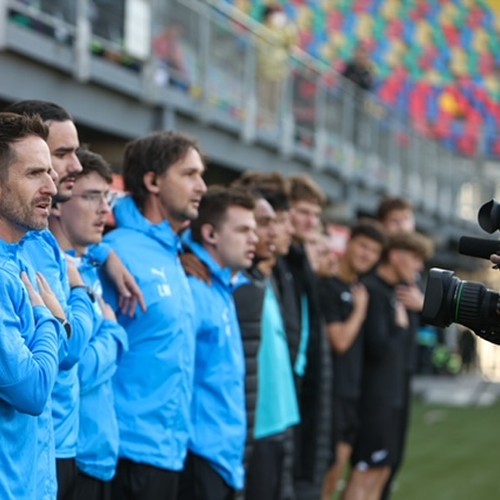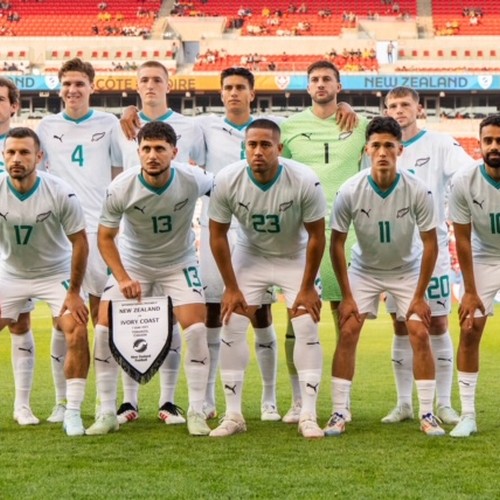Plantar Fasciitis
Thu March 2nd 2017
Whether you're just starting out or training for a marathon, there's nothing more upsetting than suffering from a running injury. It can sabotage even the best-laid fitness plans and set your training back weeks or even months.
Injuries are particularly common among new runners whose bodies aren't used to the repetitive load and forces of running.
The good news is most injuries can be prevented if you take the right precautions. Improving your running technique, incorporating core and strength training into your routine along with regular stretching all help.
Here is one of the most common injuries and how to avoid it so you don't run into trouble.
Plantar fasciitis
The plantar fascia is the ligament that connects your heel bone to your toes. It supports the arch of your foot and keeps the bones and joints in position, while also helping you push off the ground. Once over-strained or irritated it doesn't function, as it should.
Symptoms
- Sharp pain in the heel and/or bottom mid-foot.
- Pain increased with weight bearing following rest.
- Pain is normally more intense first thing in the morning.
Causes
- Sudden increase in mileage.
- Poor biomechanics, high arches, or flat feet.
- Tight calf muscles and Achilles.
- Weak muscles in the sole of foot.
Prevention
- Get fitted with the correct type of running shoes for your foot.
- Change shoes and vary surface you run on, variety is important to prevent the exact same repetitive stress.
- Depending on your foot type and biomechanics you may need to invest in some sort of orthotics to support the arch.
- Increase mileage, hill and speed work gradually.
- Stretch the calf and Achilles.
If you already have the symptoms of this injury it is recommended that you rest from running and any exercise that aggravates your pain until you see an improvement.
Remember all injuries and individuals are different so dependent on your injury and severity seeing a health professional and having your injury diagnosed and treated is recommended.






